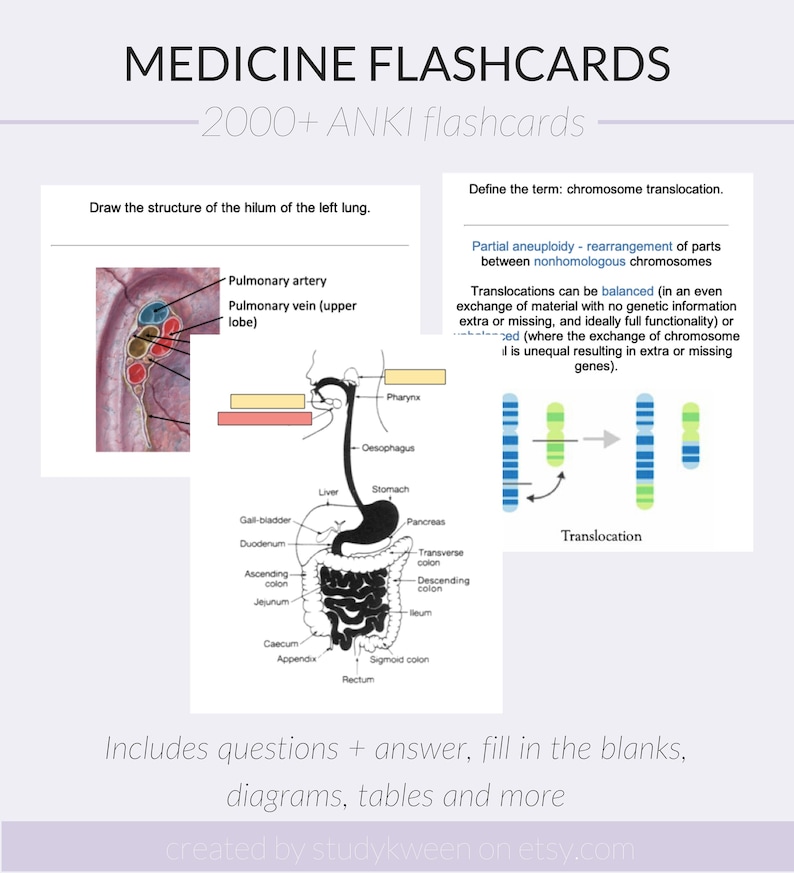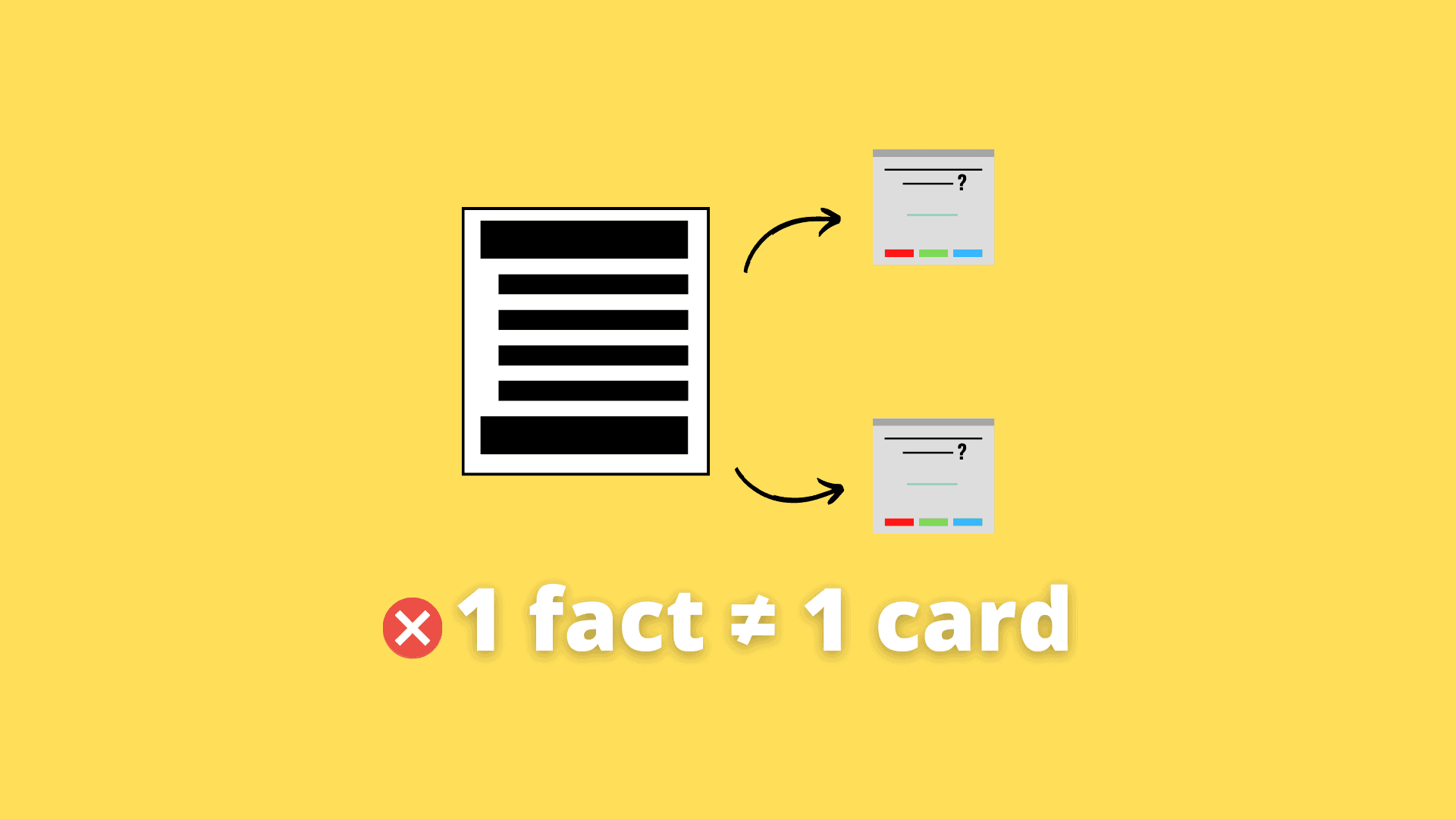
I barely notice if a sentence is new or if I've seen it before - they are usually of the same difficulty. Portuguese still takes most of the time, but the sentences are variations on very basic themes. (For some of my decks I said each sentence out loud.) These days? Maybe 10 minutes. I deleted it at some point (I think I had problems synching the database because it was too big).Ī few years ago I spent maybe half an hour. In the beginning (say, 2008 and maybe a few more years), I had a bi-directional deck for Mandarin. It took me longer to compile the lists than to study the actual lessons, same thing for Czech - CzechClass101. Cantonese is based on FSI and CantoneseClass101. Irish is mostly based on Gaeilge gan Stró. Mandarin was based on the material from the university course that I took in 2007-2009. I think Portuguese is the only one that I've imported from scratch. Most decks are based on my own cards and lists from other sources.
#Anki study cards pdf#
Converts PDF files such as lecture slides, notes and PPTs into a.

How much time does your Anki routine take? Save hours of time building flashcards and actually study. Do you make bi-directional decks, or only recognition? Do you make all the cards yourself, or do you use pre-made decks? So 50 new cards per language, that could be 250 for 5 languages? That is a lot. Tungemål wrote:Jeff, you've got black belt in Anki! I remember you posted your statistics at the end of the year with some impressive numbers. That's my method of learning Japanese vocabulary but since learning Japanese is like learning two languages (its written and spoken form) I have to seek for other associations when it comes to remembering the written form of the word where I basically rely on Kanji and written words I already know. Dorian Anki DeckAnki (Dorian deck): No learning cards appear in my anki, they go straight to review 1 /u/differentpage6023, , 18:26:59 Anki. If you cannot create a connection you can try to connect it to some French word you already know say you know the word "cat" and you want to learn the word "dog" so you can connect the French word "cat" with the French word "dog" and imagine a dog chasing a cat, if you knew the word "chase" it would be even better.

So I try to connect it in both ways as similar strings of sounds and imagining a connection like "knife-swallower". Or just natural sounds like au (auu! when you get hurt) - in Japanese it means "to meet" and to "have an accident".

I connect it in my head imagining a knife-swallower. the Japanese word kuchi (face) with the Spanish word cuchillo (mouth), they sound very similar. You can try to associate French words with Portuguese and English words you already know and which sound similar. The word pronunciation on the front and its definition on the back. If I was you I would focus on sounds recognition only.


 0 kommentar(er)
0 kommentar(er)
